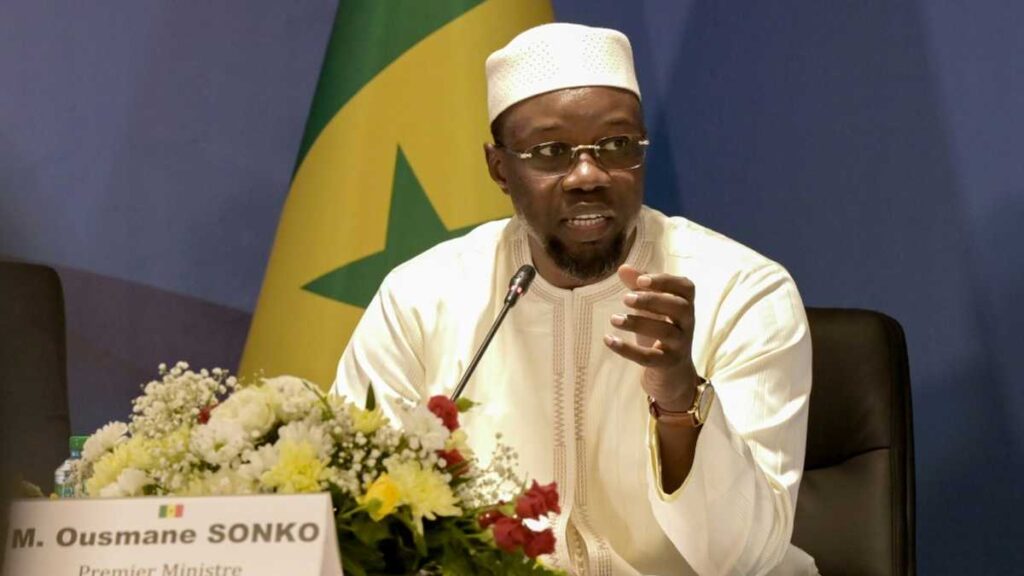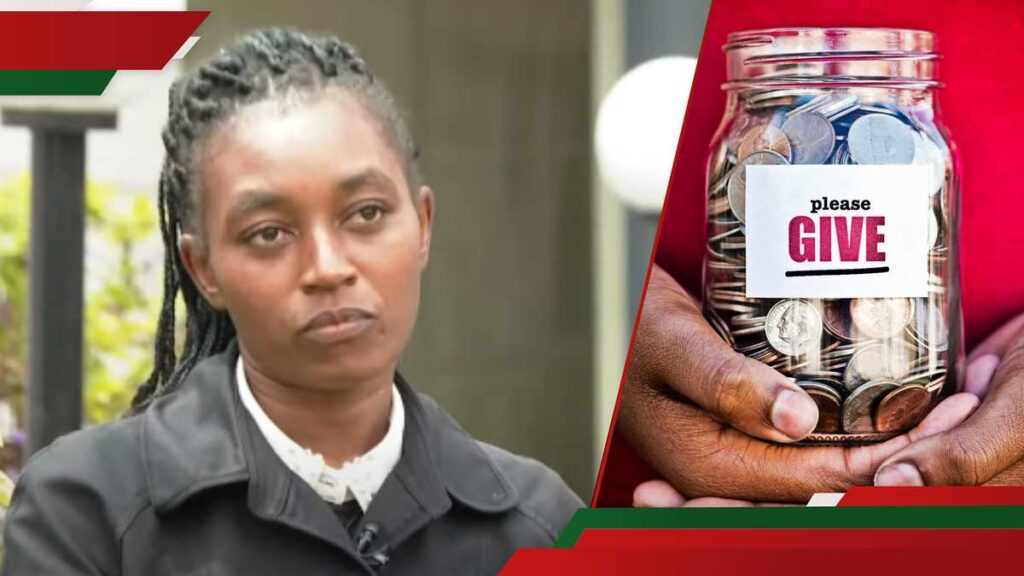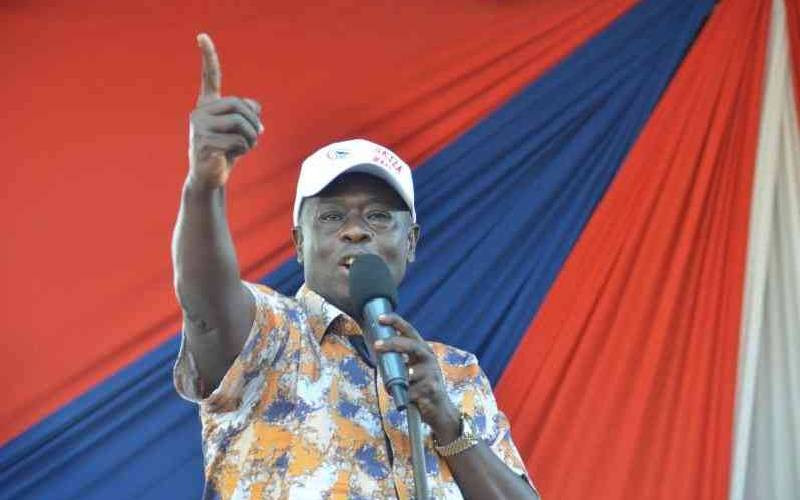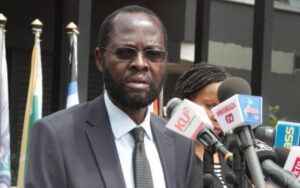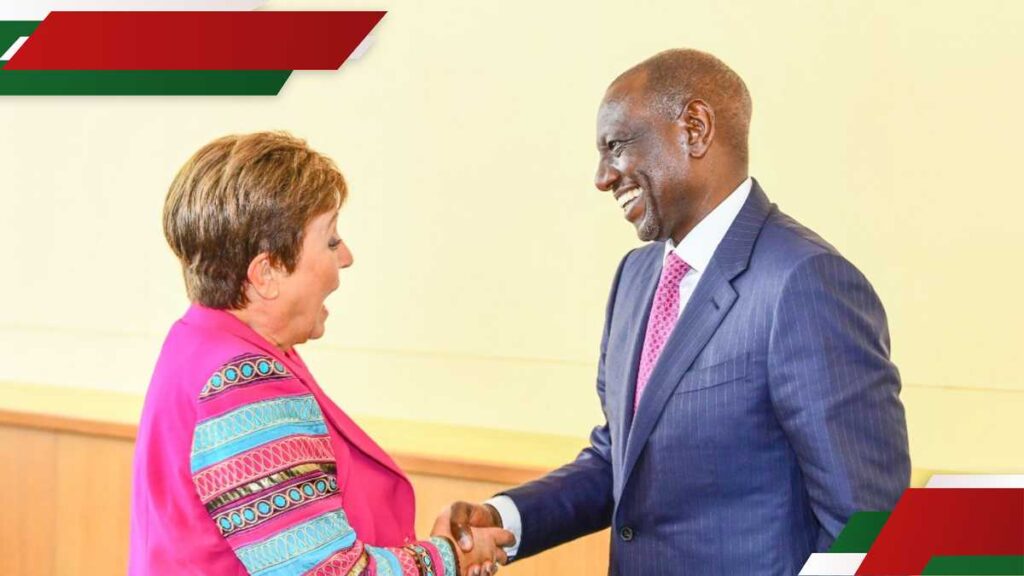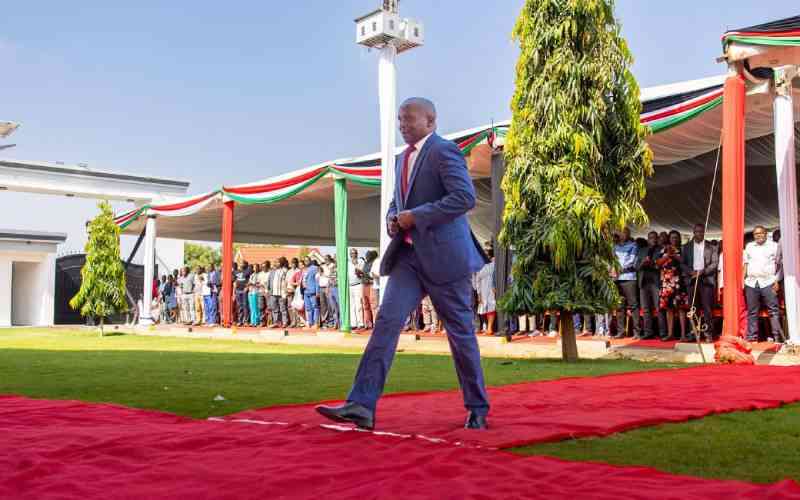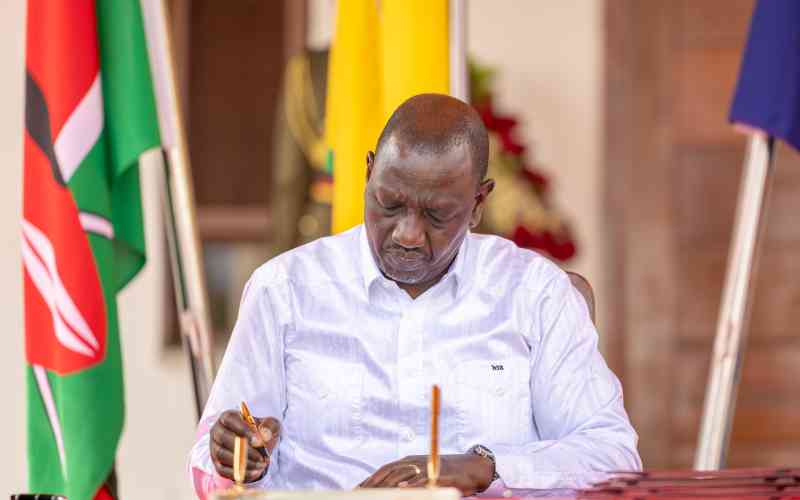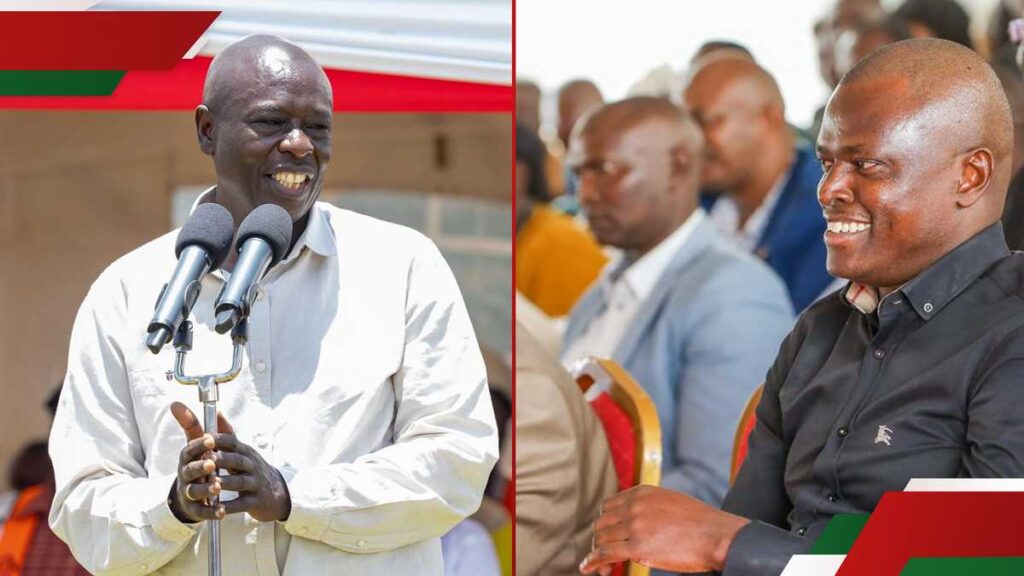Kenyans have increasingly in the past year turned to social media platforms to demand accountability, transcending traditional communication and official uses.
However, the growing trend of online dissent and criticism of leaders has raised alarm within government circles.
On Thursday, Interior Principal Secretary Raymond Omollo emphasised the need to address the misuse of social media, highlighting the risks posed by violent, hateful, and unmoderated content.
He called for active monitoring by platforms and the establishment of physical offices by telecommunications companies and social media firms to address online criminal activities.
“The increasing trend of irresponsible social media use, often disregarding the limits of free speech, requires urgent action. Given the real-world consequences of digital actions, a stronger physical presence of enforcement agencies is essential,” said Omollo.
He further revealed plans to create a centralised hub for reporting cybercrime and sharing information to protect users from cyber threats.
The Ministry of Foreign Affairs, in another statement also decried rising cyber activities targeting government, describing them as deliberate misinformation campaigns aimed at undermining government credibility.
“These cyber activities, many of which include AI-generated deepfakes, fabricated narratives, and coordinated misinformation campaigns, are being sent to foreign capitals,” it said.
The Musalia Mudavadi-led ministry claimed that the surge in social media misuse has been fueled by the 2024 Gen-Z protests, and warned of potential harm to Kenya’s international image. It cited organised cyberattacks by influencers aimed at discrediting government initiatives, discouraging diplomatic visits, and delegitimising Kenya’s candidates for international positions.
Just this week, a section of Kenyans sent over 10,000 emails to Dutch royals opposing a planned State visit in March 2025, citing rising insecurity and abductions.
The Dutch Foreign Affairs Ministry confirmed receiving more than 300 emails from Kenyans requesting the trip’s cancellation.
However, the ministry maintained the visit would proceed, describing it as an opportunity to discuss concerns, including human rights violations in Kenya.
“The Netherlands is aware of human rights violations in Kenya and sees the visit as an opportunity to address such difficult topics,” said a statement from the Dutch public broadcaster Nederlandse Omroep Stichting (NOS).
This is not the first instance of Kenyans leveraging social media to influence national and international matters.
Stay informed. Subscribe to our newsletter
Last month, Kenyans submitted questions to the African Union Commission ahead of the chairmanship debate, raising issues such as the controversial Adani deal, the rise in abductions, and Raila Odinga’s political history.
In April 2021, over 100,000 Kenyans signed an online petition urging the International Monetary Fund (IMF) to cancel a $2.34 billion loan to Kenya, arguing the country was already overburdened with debt.
Despite the government’s claims, the use of social media for activism and criticism is not new.
President William Ruto recently called for goodwill, urging critics to tone down their harsh sentiments, especially regarding Kenya’s international representation.
“You have not vied for the seat, nor are you competing with him. Why are you censuring him? Let us have goodwill for Kenyans,” Ruto said, referring to Odinga’s AU chairmanship bid.















